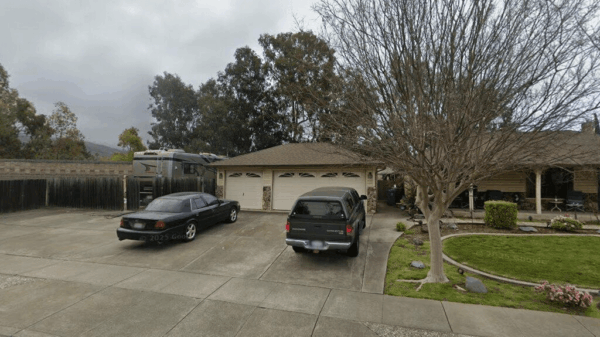A recent budget bill has ignited debate in Virginia, particularly within the Hampton Roads region, as critics and supporters voice their opinions on its implications for jobs and energy costs. The legislation, which includes a significant $29 billion allocation for shipbuilding, is seen by some as a potential catalyst for job creation, while others express concern over rising energy expenses and public health implications.
The budget bill has drawn scrutiny following claims made by Rep. Jen Kiggans. Critics, including Patrice Smallwood, argue that the bill will adversely affect Virginia by cutting Medicaid and Medicare benefits for certain non-citizen immigrants. Additionally, it introduces new work requirements for individuals under the age of 64 without dependents, mandating 80 hours of work per month to qualify for benefits. Proponents of the bill contend that this approach encourages workforce participation among able-bodied individuals.
In a note of optimism, David I. Wynne of Virginia Beach highlighted the potential for job creation in the shipbuilding sector due to the bill’s funding. He noted that the allocation could lead to thousands of well-paying jobs in the area, which could counterbalance some of the negative aspects of the legislation. He emphasized that without increased state funding and compliance with new work requirements, Virginia could face significant cuts in health programs over the next decade.
The bill has also prompted discussions about energy costs in the region. Critics, including Susan L. Feathers, assert that Kiggans’ support for the bill could lead to increased energy expenses for Virginia residents. They claim that the legislation undermines clean energy incentives and could raise energy bills by more than $7 billion in the forthcoming years. This concern reflects a growing need for a comprehensive energy strategy that prioritizes affordable and clean energy sources.
Local leaders and residents are calling for a focus on solar energy, which they argue is now the most cost-effective and environmentally friendly option available. Solar installations on rooftops and community spaces could enhance energy reliability while helping to reduce costs for households in Hampton Roads.
In a separate discussion regarding historical contexts in Virginia, Kit Campbell pointed out that the removal of Confederate statues from Monument Avenue in Richmond illustrates the complexities of historical narratives. The editorial board’s commentary on President Donald Trump changing history was juxtaposed with this local event, suggesting that the inclination to “erase history” transcends political affiliations.
As public sentiment continues to evolve, individuals like Paul Kotarides express concerns about voter regret following the recent presidential election. He suggests that many may be reconsidering their decisions as the ramifications of current policies become clearer.
The ongoing discussions surrounding the budget bill and its broader implications reflect a diverse range of opinions within Virginia. As stakeholders assess the potential outcomes, the interplay between economic opportunities and energy costs remains at the forefront of public discourse.






































































